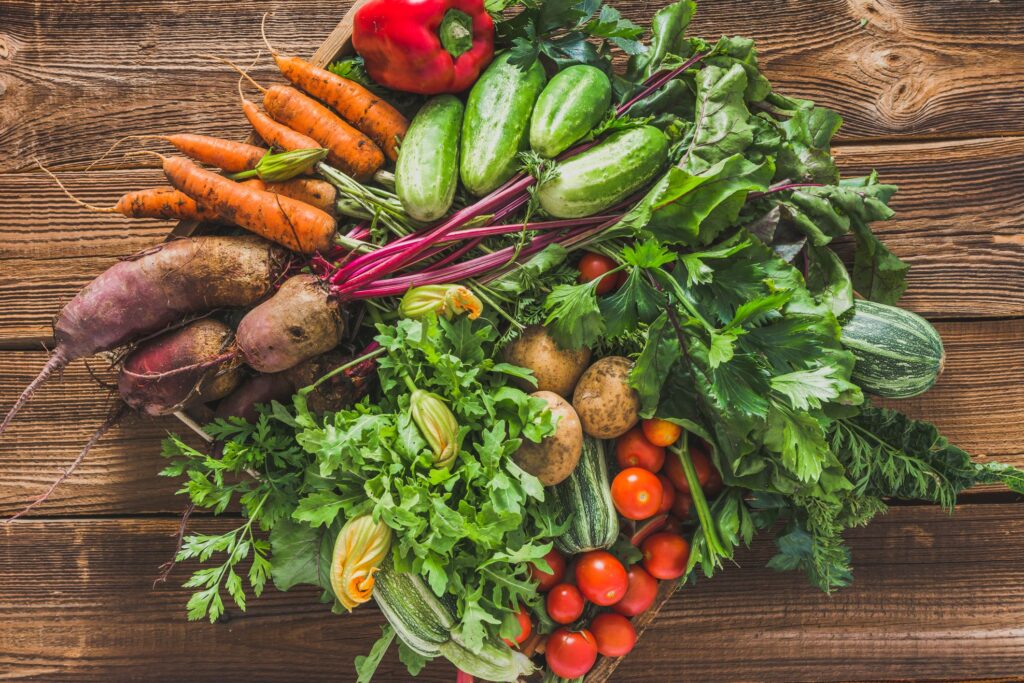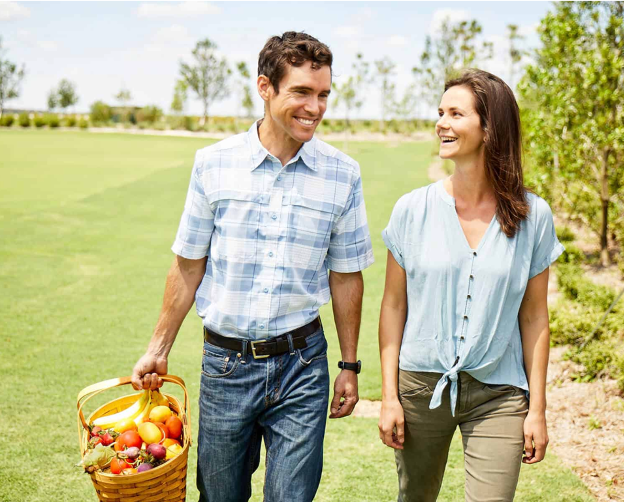October Gardening To-Do List: 5 Steps to Prepare Your Garden for Fall
By Tripp and Carmen Eldridge
It may be hard to believe but we’re already in the midst of the fall season. And although leaves aren’t really falling off trees here in South Florida, now is the perfect time for gardeners to get started on planting their cooler-season vegetables. But before you start shopping for seeds, there are a few things you should do to transition your garden beds from the summer harvest.
As we welcome a respite from Florida’s summer heat, the cooler temperatures offer an opportunity to get outside and clear out the remains of the summer fruits and vegetables you enjoyed over the last few months. If you are planning on using the same beds from the summer for your cool-season garden, it’s important to clean out any dead plant matter and weeds before you start fresh.
Garden renovations can be overwhelming but there are a few tips to make your cleaning efforts easier.
Step 1: Come Up with A Garden Plan
When visualizing your perfect fall garden, it is best to start with a plan. Think about what kind of vegetables and herbs you would want to incorporate into your meals throughout the season and make sure they are compatible with the seasonal temperatures in your area. Then, write down the location and planting date(s) of the vegetables you want to include. This map will help guide you through the planting step. Finally, create a list of all of the supplies and seeds you will need to get started – it will save you a lot of extra trips to the store.

Step 2: Clean Out Debris
Now that you have your plan, it is time to get your hands dirty. Cut down any plants from the previous season at the soil level with pruners, especially ones that are dead or dying, and pull up all weeds from their roots. If you compost at home, non-diseased plant material can make for great material to add to your compost pile and replenish your nutrient-rich fertilizer for future seasons. Weeds can be added to your compost so long as they don’t have any mature seed pods or aren’t grass with roots.
Step 3: Start Tilling
Third, get to work and break up the top layer of soil with a garden hoe or spade. Break up any large clods and scan for any overlooked rocks that you can remove. If you’d like to test your soil for nutrients, take three to five soil samples from different parts of your garden for pH testing. Your local UF IFAS County Extension Service can test your soil for an additional fee. The test will show what nutrients you may need to add before you keep planting.
Step 4: Add Nutrients
Finally, add organic matter, like compost, and nutrient-rich fertilizer over your tilled soil. Take your hoe or spade to turn it into the top layer. If you aren’t immediately replanting, cover the bed with flattened brown boxes or mulch to prevent weeds from growing and keep your soil fertile. Mulch will also keep your beds moist for when you are ready to start growing.
Step 5: Replant and Revitalize
Once your soil is revitalized, you are finally ready to refresh your vegetable garden and prepare for all the fresh produce you will be able to harvest over the next few months. October is a great time to plant herbs and hearty veggies like broccoli, carrots, brussels sprouts, and other root vegetables. In addition, look into growing lettuce and radishes to add to your fall menu. In South Florida, you can also plant tomatoes, peppers, eggplants, and other warm-season crops. For a complete list of what to plant when for our area, check out the University of Florida’s Vegetable Gardening Guide.
However, the work to keep your garden clean doesn’t stop in October. Don’t forget to regularly inspect your garden for struggling plants and continue to clean out the beds to prevent pests and make room for new veggies. Make sure to pay attention throughout the cooler months. With October dryness, checking moisture levels and ensuring that you consistently water your plants are important for a successful, sustainable harvest.
***

Carmen and Tripp Eldridge are small-scale farming experts and the current Farm Directors at Arden, an award-winning residential agrihood in Palm Beach County, FL. Managing the community’s five-acre farm, Tripp and Carmen are pioneering innovative farm-to-table living in South Florida.

